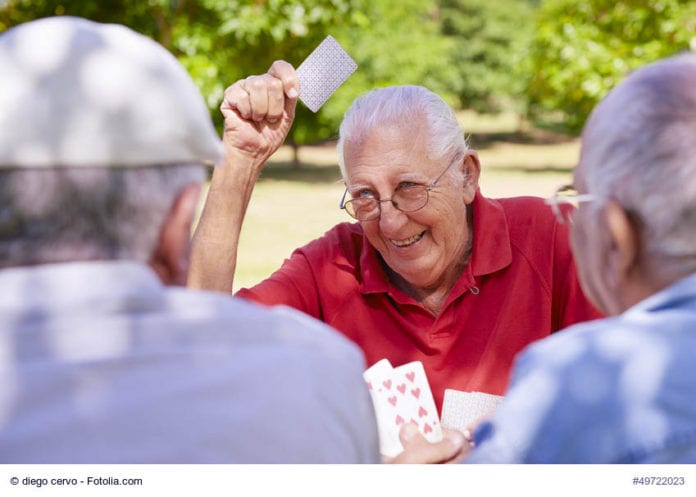Discussion about the value of human centered healthcare – through to the end-of-life experience – is gaining critical momentum across America. From peace of mind to personal and institutional cost considerations, this expanding dialogue is top of mind for a large part of our population as the Silver Tsunami of Baby Boomers – viewing themselves through the prism of their own parents' end-of-life decisions (or lack thereof) – begin to age into a system where dissatisfaction pervades the conversation.
Actively engaged in this dialogue by passion, profession – and personal experience, BJ Miller, MD, Executive Director of San Francisco's Zen Hospice Project, makes the case that it's time to "design a better ending" – through approaches to care that allow life to be well-lived to the end; through the aesthetic realm in ways that preserve dignity and nurture the senses; and through changes to healthcare systems and policies. His revelations are founded in personal experience – an electrical shock sustained while a Princeton undergraduate nearly cost him his life. This same experience informs Miller's extraordinary gift for connecting with people in his palliative and end-of-life care work.
In his TED Talk, Miller presents the case for a human-centered model of end-of-life care. Within this space, there is room to bring intention and even creativity to the experience of dying. Responding to his premise of "Not Whether, But How," Miller explores such ideas as creating places and supports where healthcare becomes about making end-of-life more wonderful rather than less horrible; and shifting our perspective on death through awareness, aesthetics and acceptance.
These measures, Miller suggests, "make room — both physical and psychic space — for life to play itself all the way out. Dying – while surely never easy – doesn't have to be as hard as it has become."
Have a favorite TED Talk you simply have to share? Please do in the comments section below!


